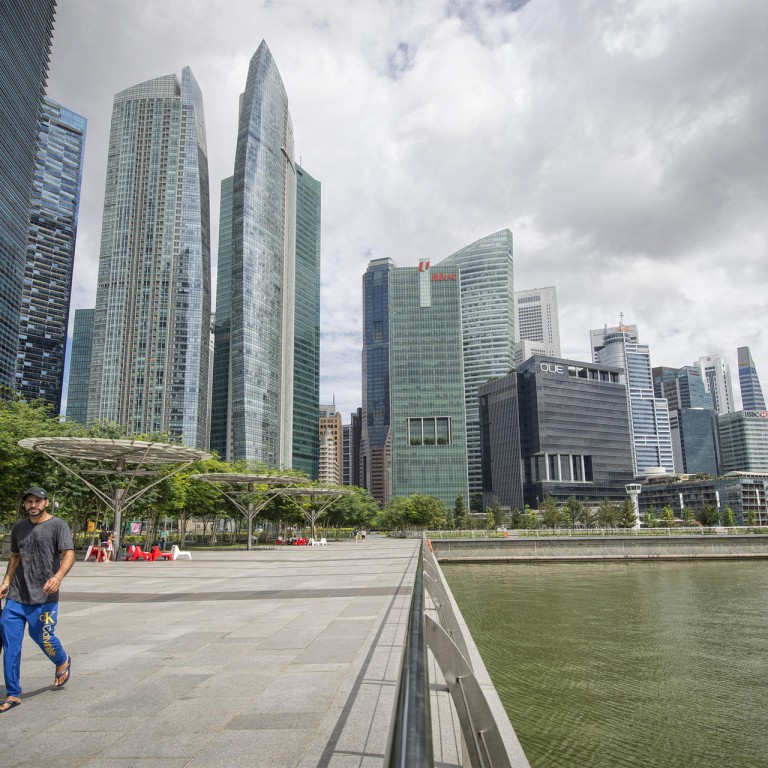
Singapore developers eye global empires
Developers tap low borrowing costs to double their investments in foreign property this year
Singapore landlords are tapping the fourth-lowest local borrowing costs in Asia to fund record overseas purchases of hotels, office blocks and luxury apartments as property prices fall at home.
CapitaLand's Ascott Residence Trust and Malaysian tycoon Quek Leng Chan's GuocoLand were among real estate companies that sold the equivalent of US$5.04 billion of Singapore dollar-denominated notes in 2014, the most for the same period in any year, data showed.
The island's 10-year government bond yield has tumbled 30 basis points since December 31 to 2.24 per cent, the lowest rate in Asia after Japan, Taiwan and Hong Kong.
Singapore developers have spent more than US$9.8 billion on foreign purchases this year, almost double the same period of 2013, snapping up real estate from malls in Beijing to luxury apartments in Sydney and London. The island's house prices fell 0.7 per cent in the third quarter and shop values dropped 0.2 per cent, the Urban Redevelopment Authority said last week.
Property companies' "upside potential is limited in Singapore amidst an increasingly challenging operating environment," said Yvonne Voon, an equity analyst at Credit Suisse in Singapore. "The lower cost of funds in Singapore has allowed local corporates to bid more competitively for overseas acquisitions, particularly in higher-yielding markets like Australia and the UK."
Singapore-based Frasers Centrepoint, controlled by Charoen Sirivadhanabhakdi, Thailand's richest man, issued S$800 million (HK$4.8 billion) of bonds this year in Singapore. The developer in September acquired Sydney-based Australand Property in a deal that valued the company at A$2.6 billion (HK$17.7 billion). Frasers said it derives more than half its revenues from properties outside Singapore.
"Singapore banks and investors are quite willing to lend at good levels to these companies because of the familiarity," said Jacintha Poh, an analyst and assistant vice-president at Moody's in Singapore.
Singapore developers buying land offshore have been mindful of the foreign exchange risk they are getting exposed to, so they have been hedging their revenues and trying to fund locally, Poh from Moody's said.
Between 2009 and mid-2013, the Monetary Authority of Singapore implemented eight rounds of property cooling measures to address its concerns that the low interest rate environment would lead to a property price bubble.
"Most developers in Singapore know it's not easy here with all the property curbs," said Adeline Tan, a Singapore-based analyst at UOB Asset Management. "So many developers are being squeezed in Singapore. And in a bid to diversify, they head overseas."

